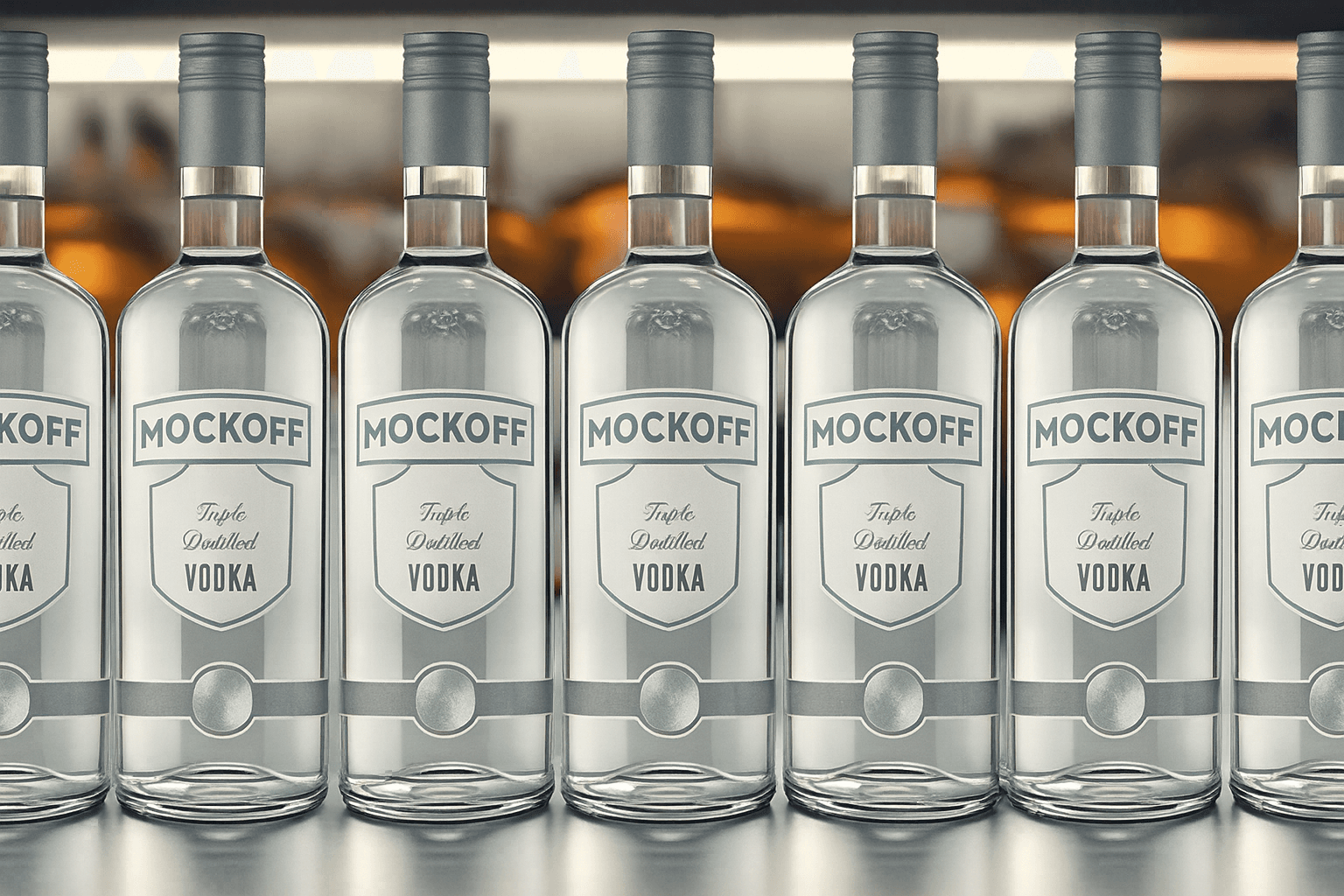Content from Transnational Alliance to Combat Illicit Trade website
Illicit trade in alcohol is widespread, representing significant percentages of alcohol consumption worldwide and stripping governments of billions of dollars in tax revenues. According to Euromonitor’s 2018 Global Study on Illicit Alcohol, 1 in 4 alcohol bottles are illicit, representing 25.8% of all global consumption.
In addition to the serious health risk for consumers, the illicit trade in alcohol results in substantial losses in tax and duty revenue for governments. According to the Euromonitor report, the fiscal loss to governments in these countries is as much US$ 3.6 billion every year. These findings correspond to a 2016 report by the EU Intellectual Property Office that estimated counterfeit spirits and wine drain €1.2 billion (US$1.4 billion) in government revenues in Europe, of which €739 million (US$843 million) are excise duties. For industry, the main impact relates to lost market shares, costs related to intellectual property theft, reputational damage and lost consumer trust.
What is Illicit Alcohol?
Illicit trade in alcohol encompasses a wide variety of illegal activity that is typically characterized as:
- Contraband/Smuggled Alcohol: Alcohol with original branding that has been illegally imported / smuggled into a jurisdiction and sold, evading tariffs/customs. This Includes beverages brought across the border via organized smuggling or in excess of the applicable traveler’s regulated allowance.
- Counterfeit Alcohol: Fraudulent imitations of legitimate branded products, including refilling, falsification and tampering. These beverages infringe the intellectual property rights of legitimate producers and present brand reputational risk and potential liability. It is often produced in illicit factories and sometimes substitutes lower grade alcohol not intended for human consumption such as denatured ethyl alcohol.
- Illicit Artisanal: Alcoholic beverages produced following artisanal practices, including home production. Artisanal alcoholic beverages are considered illicit if they are produced for commercial purposes, and if their production and / or sale violate local law.
- Tax Leakage: Legally produced alcohol beverages on which the required excise tax is not paid in the jurisdiction of production.
- Non-conforming Alcohol / Surrogate: Products that are not compliant with production processes, guidelines, or labeling legislation. Includes products produced with denatured alcohol or illegal industrial alcohol not produced for human consumption.
Read more: Alcohol - Transnational Alliance to Combat Illicit Trade











